Siete años después del desplazamiento masivo forzado de los rohingya de Myanmar, continúan los ataques mortales contra niños en el estado de Rakhine
NUEVA YORK/KATMANDU/BANGKOK, 25 de agosto de 2024 – Siete años después de que cientos de miles de rohingya huyeran de la violencia y la persecución en Myanmar, el conflicto continúa intensificándose en el estado de Rakhine, en la costa occidental de Myanmar, con un aumento de víctimas y desplazamientos en el municipio de Maungdaw e informes de un número cada vez mayor de personas que buscan refugio y protección en Bangladesh.
UNICEF ha recibido informes alarmantes de que los civiles, en particular los niños y las familias, están siendo atacados o atrapados en el fuego cruzado, lo que provoca muertes y lesiones graves. El acceso humanitario en Rakhine se ha vuelto extremadamente difícil. Los servicios críticos, incluido el acceso al agua potable y la atención médica, están en peligro, agravados por los cortes de electricidad, telecomunicaciones e Internet desde enero. Esto está afectando tanto a las actividades civiles como a las operaciones humanitarias.
“Siete años después de que una ola de violencia mortal obligara a miles de familias a abandonar sus hogares en busca de seguridad, los nuevos informes de violencia son dolorosos recordatorios de las amenazas constantes que enfrentan los niños en Myanmar”, dijo la Directora Ejecutiva de UNICEF, Catherine Russell. “En Rakhine y en todo el país, los niños y las familias siguen pagando el precio del conflicto, con sus vidas, sus medios de subsistencia y su futuro. Las partes en el conflicto deben cumplir con sus obligaciones de proteger a los niños”.
El 5 de agosto de 2024, los bombardeos de artillería y los ataques con drones mataron a unas 180 personas, entre ellas un número considerable de mujeres y niños, cerca de la orilla del río Naf, que marca la frontera entre el sudeste de Bangladesh y el noroeste de Myanmar, cuando intentaban escapar de las hostilidades. Ese mismo día, se calcula que unas 20.000 personas fueron desplazadas de tres barrios del centro de Maungdaw.
En incidentes separados ocurridos el 6 y el 19 de agosto, barcos que transportaban docenas de personas, incluidos mujeres y niños, se hundieron en el río Naf; entre las víctimas había niños, el último de una serie de naufragios en los que estaban involucrados niños.
Se estima que desde el 13 de noviembre de 2023, el conflicto en escalada ha desplazado a unas 327.000 personas en el estado de Rakhine y el municipio de Paletwa, en Chin. Esto eleva el total de desplazamientos internos estimados actualmente en el estado de Rakhine a más de medio millón de personas.
En Myanmar, la crisis humanitaria que se agravó en febrero de 2021 sigue deteriorándose rápidamente, y los niños son los más afectados por la violencia incesante, que incluye graves violaciones de derechos humanos, desplazamientos masivos y el casi colapso de los sistemas de prestación de servicios de salud y educación. Se estima que la escalada de ataques y enfrentamientos ha desplazado a 3,3 millones de personas, de las cuales casi el 40% son niños. En 2024, una cifra récord de 18,6 millones de personas (casi un tercio de la población del país), incluidos 6 millones de niños, necesitarán asistencia humanitaria.
La población rohingya que huyó de los ataques y la violencia en 2017 se sumó a los refugiados que ya se encontraban en Bangladesh tras oleadas de desplazamientos anteriores. En conjunto, suman casi un millón de desplazados. Siete años después, alrededor de medio millón de niños refugiados rohingya están creciendo en el campamento de refugiados más grande del mundo, y muchos de ellos nacieron allí como refugiados. La comunidad de refugiados depende completamente de la asistencia humanitaria y vive en refugios temporales en campamentos muy congestionados. En colaboración con el Gobierno provisional de Bangladesh y sus asociados, UNICEF proporciona agua y saneamiento, establece centros de tratamiento de la diarrea, permite el acceso a servicios de salud y nutrición para niños y mujeres embarazadas, así como a una educación de calidad; y apoya a los niños afectados por la violencia, el abuso y el abandono con servicios de protección y respuesta.
“El apoyo constante de Bangladesh a la población de refugiados, especialmente a los niños, es a la vez encomiable y fundamental”, afirmó Russell. “Durante los últimos 12 meses, nos ha preocupado cada vez más la situación de seguridad en los campamentos y los informes sobre violaciones de los derechos de los niños. Estamos dispuestos a apoyar al nuevo Gobierno provisional de Bangladesh para garantizar que estos niños estén protegidos y tengan acceso a servicios esenciales”.
En Myanmar, el UNICEF hace un llamamiento a todas las partes en el conflicto para que cumplan sus obligaciones en virtud del derecho internacional humanitario y el derecho internacional de los derechos humanos a fin de proteger a los civiles, en particular a los niños, y garantizar su seguridad y bienestar. El UNICEF también pide que todos los agentes humanitarios puedan acceder sin trabas y en condiciones de seguridad a la ayuda humanitaria.
Fuente de la Información: https://www.unicef.org/press-releases/seven-years-after-forced-mass-displacement-rohingya-myanmar-deadly-attacks-children
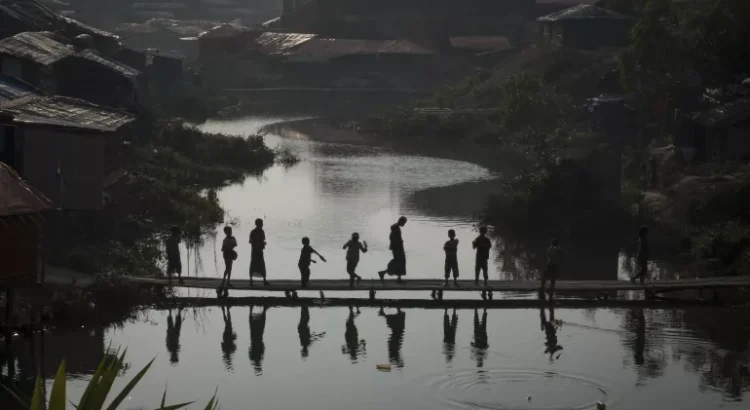
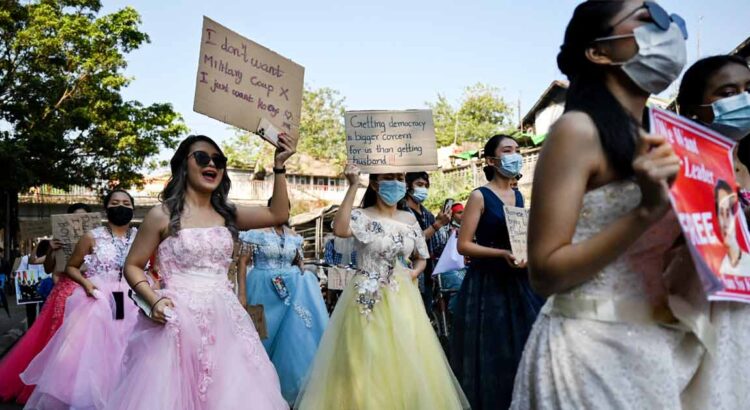
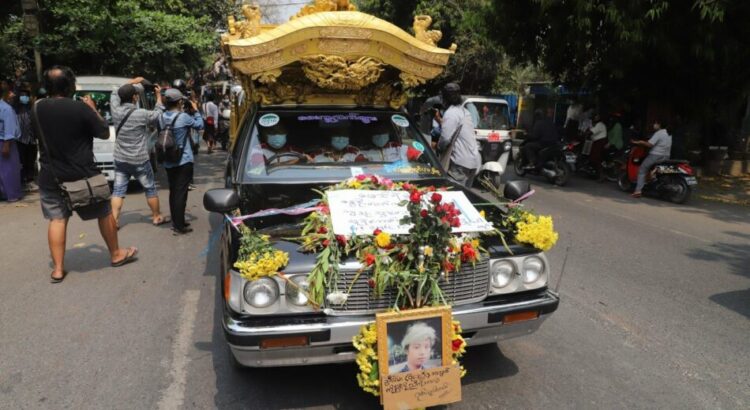
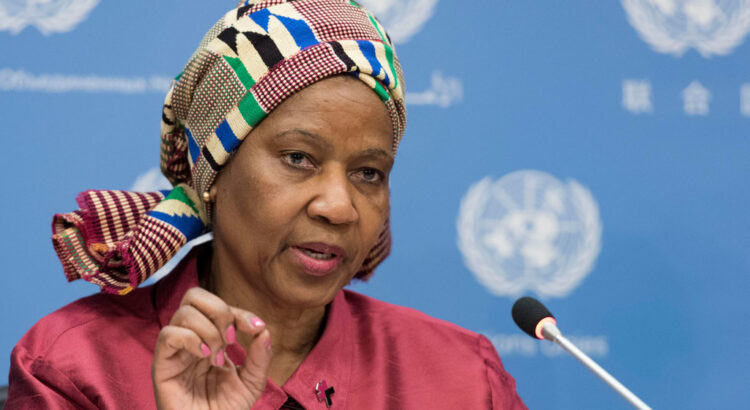
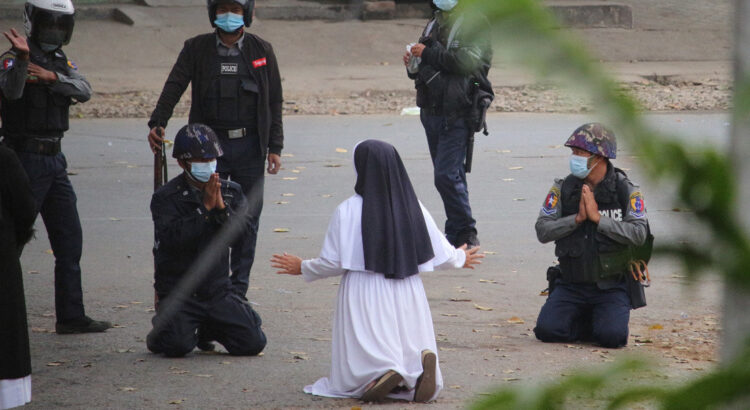
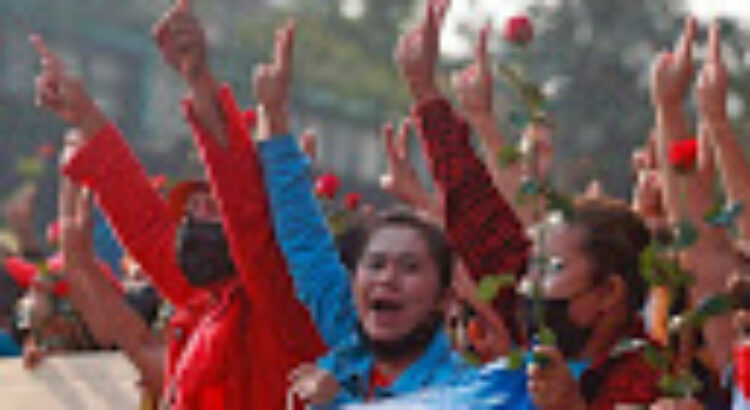
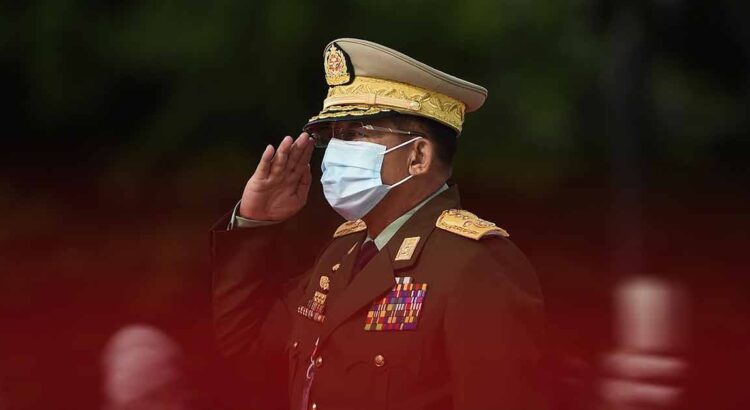






 Users Today : 36
Users Today : 36 Total Users : 35459631
Total Users : 35459631 Views Today : 83
Views Today : 83 Total views : 3418055
Total views : 3418055